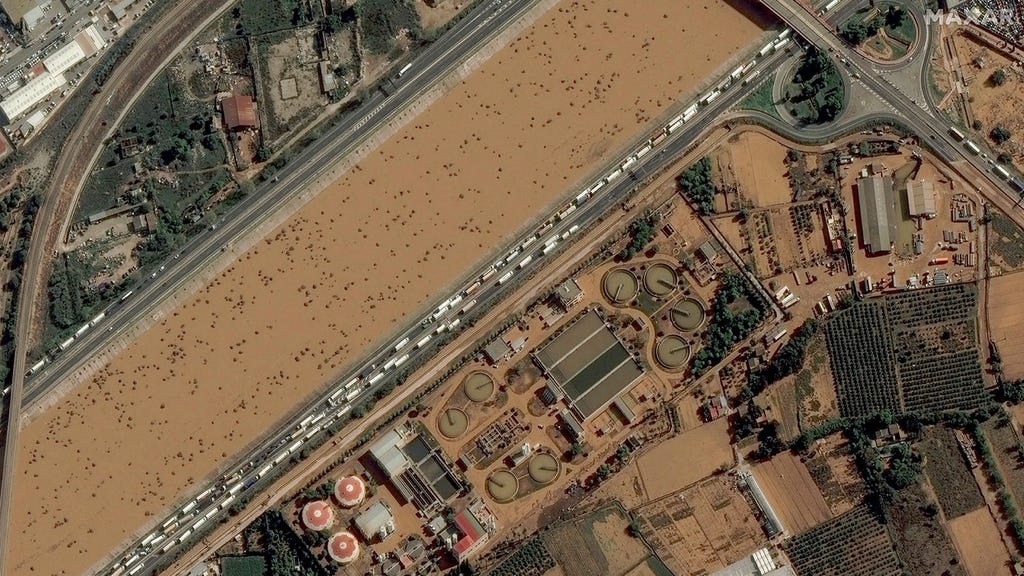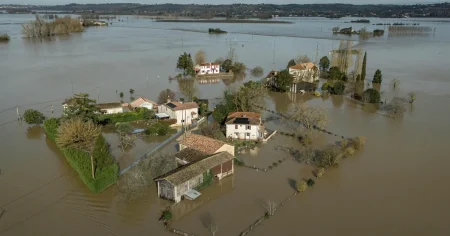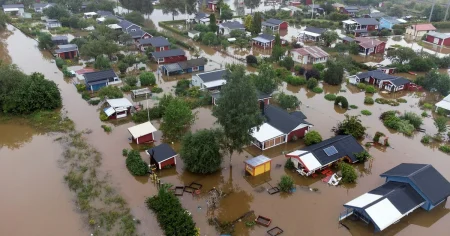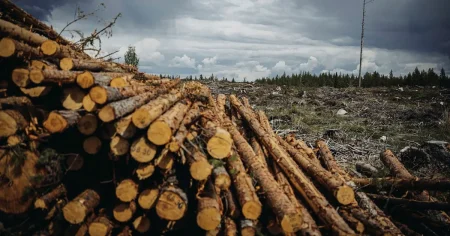The agonizing aftermath of the devastating disaster in Valencia continues to unfold, leaving a trail of destruction and despair in its wake. As Saturday approaches, the grim reality of the situation intensifies, prompting the deployment of an additional 500 military personnel to bolster ongoing search and rescue efforts and to begin the arduous task of clearing the debris-strewn landscape. This surge in manpower underscores the sheer scale of the catastrophe and the urgent need for a coordinated and comprehensive response. The affected region remains in a state of emergency, grappling with the immediate challenges of locating survivors, providing essential aid to those displaced, and restoring vital infrastructure crippled by the disaster. The palpable sense of urgency permeates the air, as every passing hour diminishes the hope of finding survivors amidst the wreckage.
The arrival of the military reinforcement signifies a critical turning point in the recovery process. These 500 additional personnel will be instrumental in accelerating the search and rescue operations, combing through the rubble and debris in a desperate race against time. Equipped with specialized equipment and expertise in disaster response, they will systematically navigate the treacherous terrain, meticulously searching for signs of life. Their presence also brings a much-needed sense of order and coordination to the chaotic scene, enabling a more efficient and effective deployment of resources. Furthermore, the military’s involvement will extend beyond search and rescue, encompassing crucial tasks such as debris removal, infrastructure assessment, and the establishment of temporary shelters and distribution centers for essential supplies.
Amidst the ongoing rescue and recovery efforts, the rising tide of frustration among the affected population becomes increasingly palpable. The sheer scale of the devastation has overwhelmed local resources, leaving many residents feeling abandoned and desperate. The cry for help echoes through the streets of Alfafar, a poignant testament to the profound sense of helplessness that grips the community. One man, standing outside his blocked residence, becomes a symbol of this desperation, his voice raw with anguish as he pleads for assistance. His plight reflects the shared experience of countless others who have lost their homes, their livelihoods, and, in some cases, their loved ones. The slow pace of aid delivery, coupled with the daunting task of rebuilding their lives, fuels their frustration and underscores the urgent need for a more robust and responsive support system.
The man’s desperate plea highlights the critical gap between the immediate needs of the affected population and the capacity of existing resources to meet those needs. The overwhelmed local authorities are struggling to cope with the sheer magnitude of the disaster, leaving many residents feeling abandoned and forgotten. The lack of access to basic necessities such as food, water, and shelter exacerbates their suffering, adding to the growing sense of desperation. The blocked residence in Alfafar symbolizes the widespread disruption to daily life, with many residents unable to return to their homes or access essential services. The man’s cry for help becomes a rallying cry for the entire community, a desperate plea for the outside world to recognize their plight and provide the much-needed assistance.
The unfolding humanitarian crisis in Valencia underscores the critical importance of effective disaster preparedness and response mechanisms. The scale of the devastation has exposed vulnerabilities in the existing infrastructure and emergency response systems, highlighting the need for more robust and resilient frameworks to mitigate the impact of future disasters. The delayed arrival of aid and the overwhelming demand for resources have amplified the suffering of the affected population, underscoring the need for a more coordinated and efficient approach to disaster relief. The lessons learned from this tragedy should serve as a catalyst for strengthening disaster preparedness strategies, improving emergency response protocols, and investing in resilient infrastructure that can withstand future shocks.
The road to recovery for Valencia will be long and arduous, requiring a sustained commitment from local authorities, international organizations, and the global community. The immediate priority remains the provision of essential aid and support to the affected population, addressing their basic needs for food, water, shelter, and medical care. Simultaneously, efforts must focus on restoring vital infrastructure, rebuilding homes and businesses, and creating opportunities for economic recovery. The psychological impact of the disaster cannot be overlooked, and providing mental health services to those traumatized by the experience will be crucial for long-term healing and recovery. The rebuilding process must be guided by principles of inclusivity and sustainability, ensuring that the most vulnerable members of the community are not left behind and that the lessons learned from this tragedy are integrated into future development plans.














